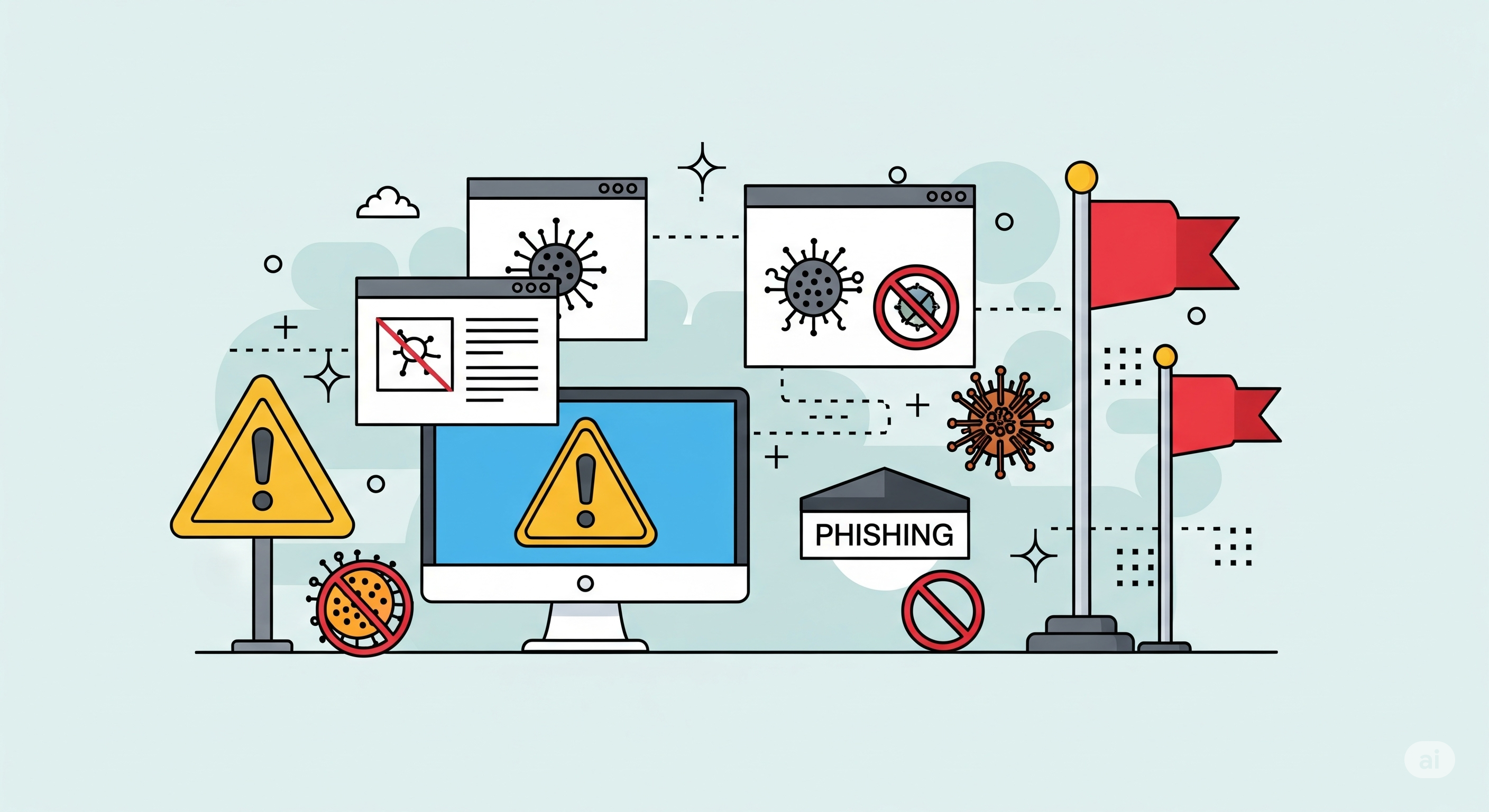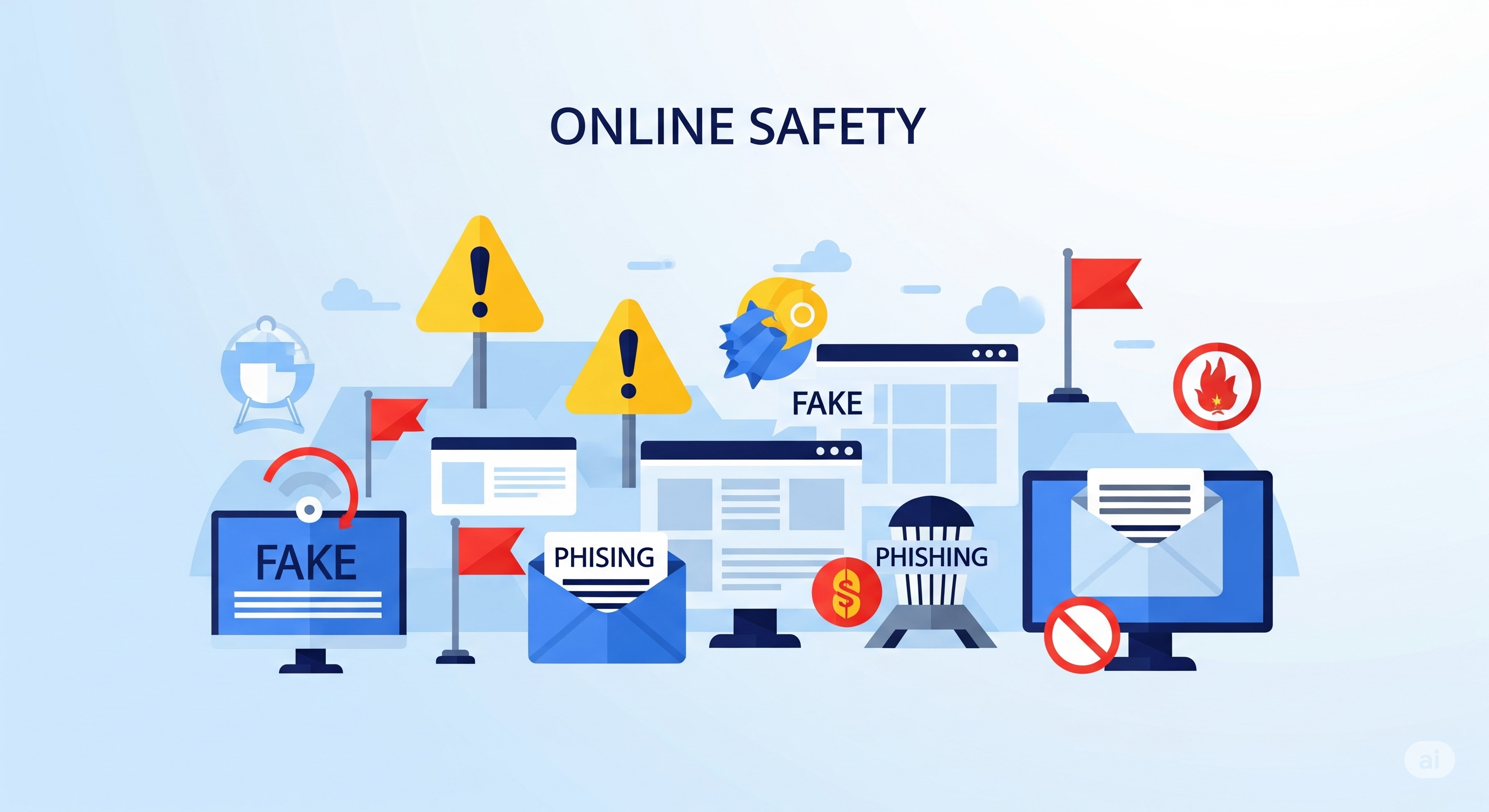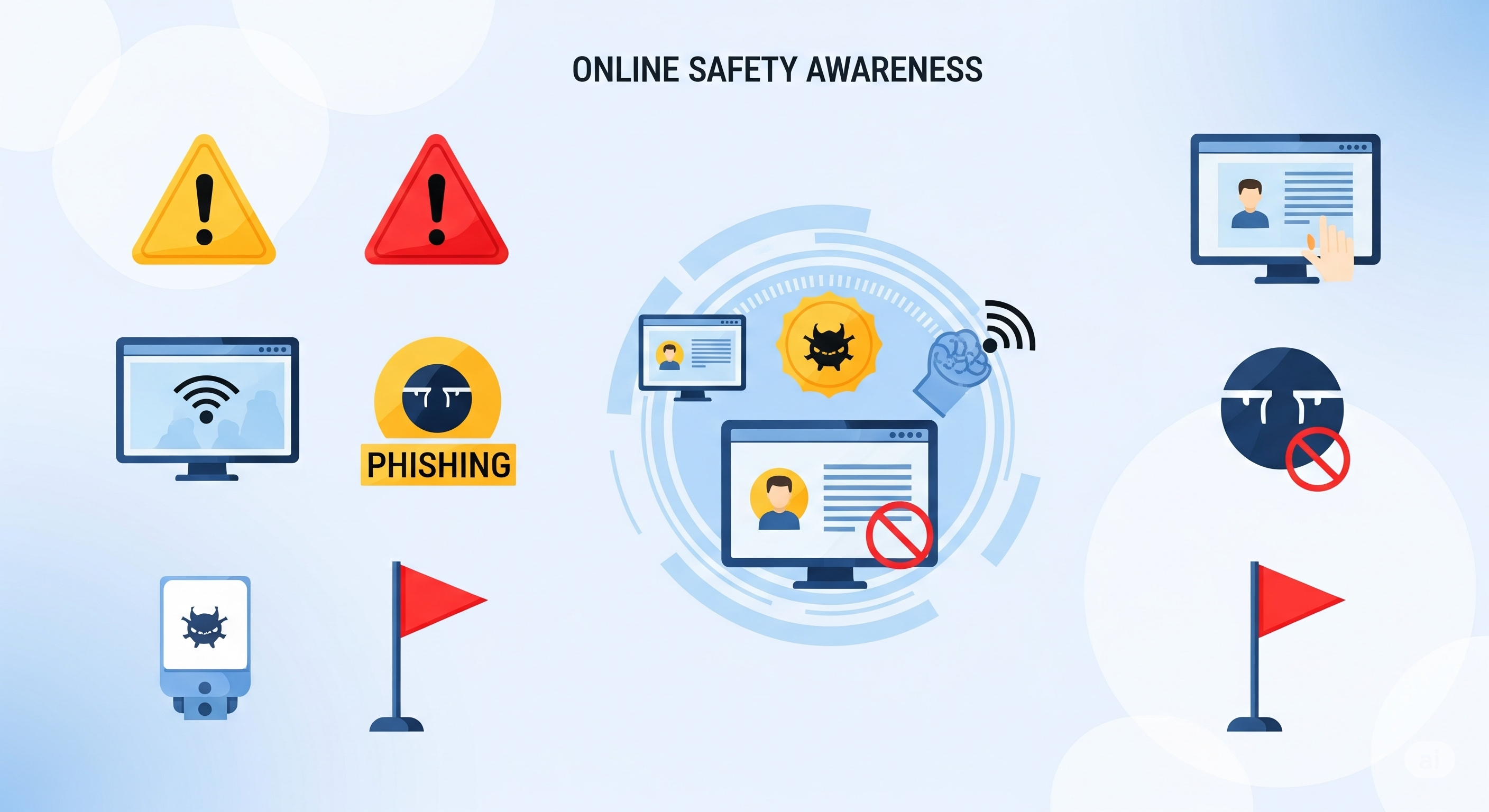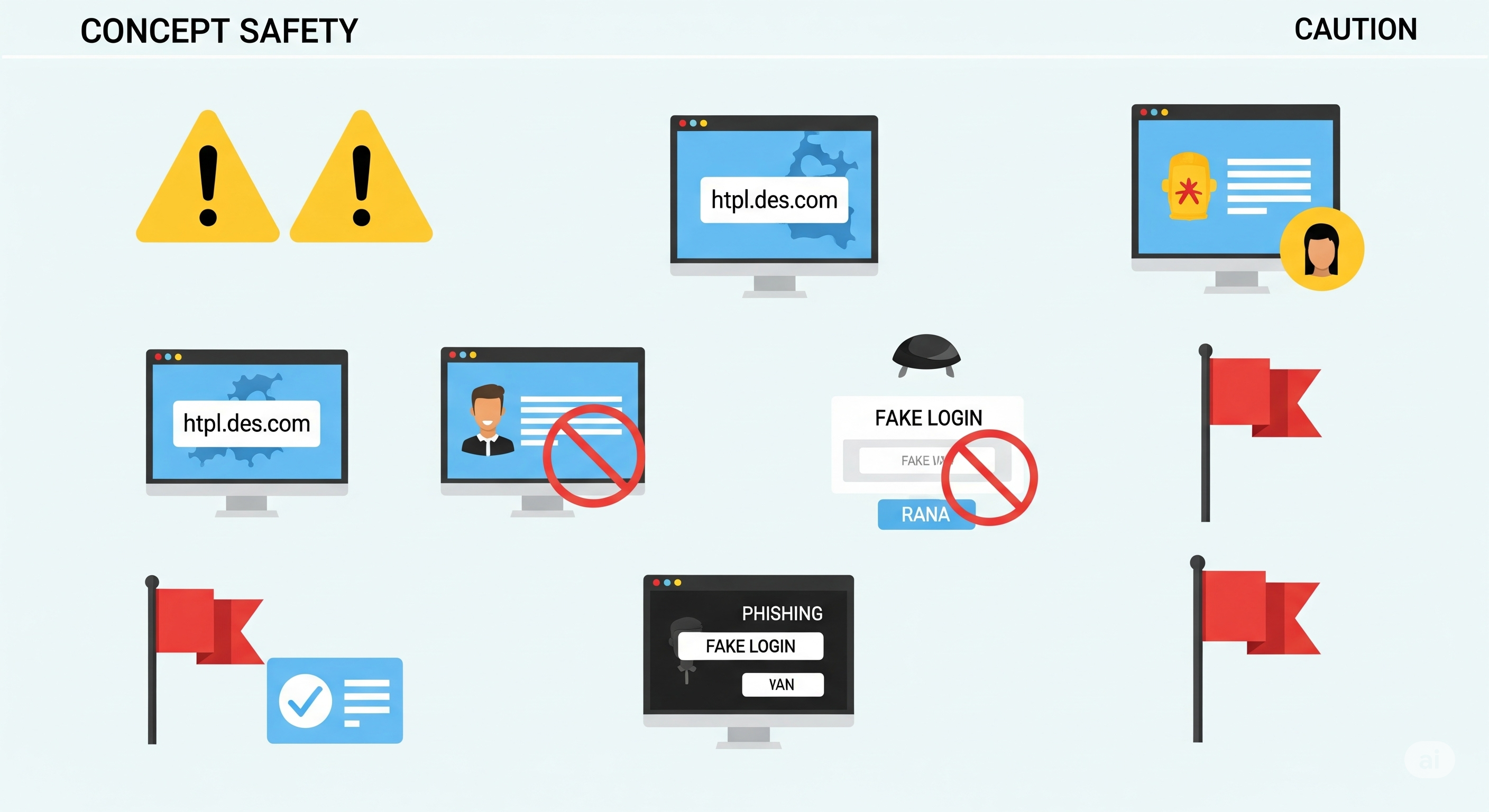Tips & Support
Spotting Online Predators
Spotting Online Predators
By Admin
Related Topics
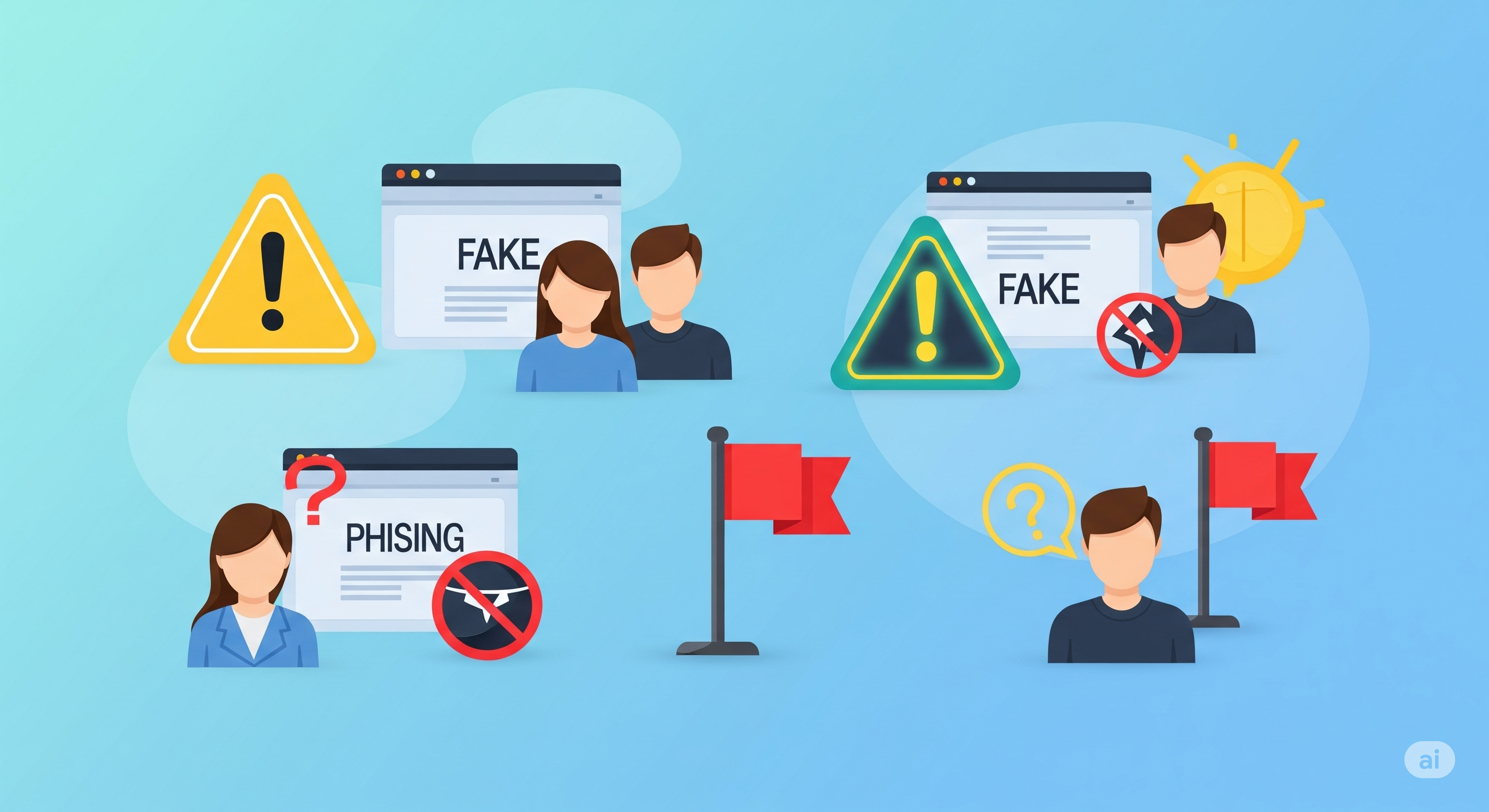
Spotting Real Business Pages
In today s digital-first world knowing how to spot a real business page isn t just a helpful skill it......
Read More

How Scammers Use Your ID
One of the most significant and quickly expanding risks to people in the digital era is identity theft nbsp Scammers......
Read More
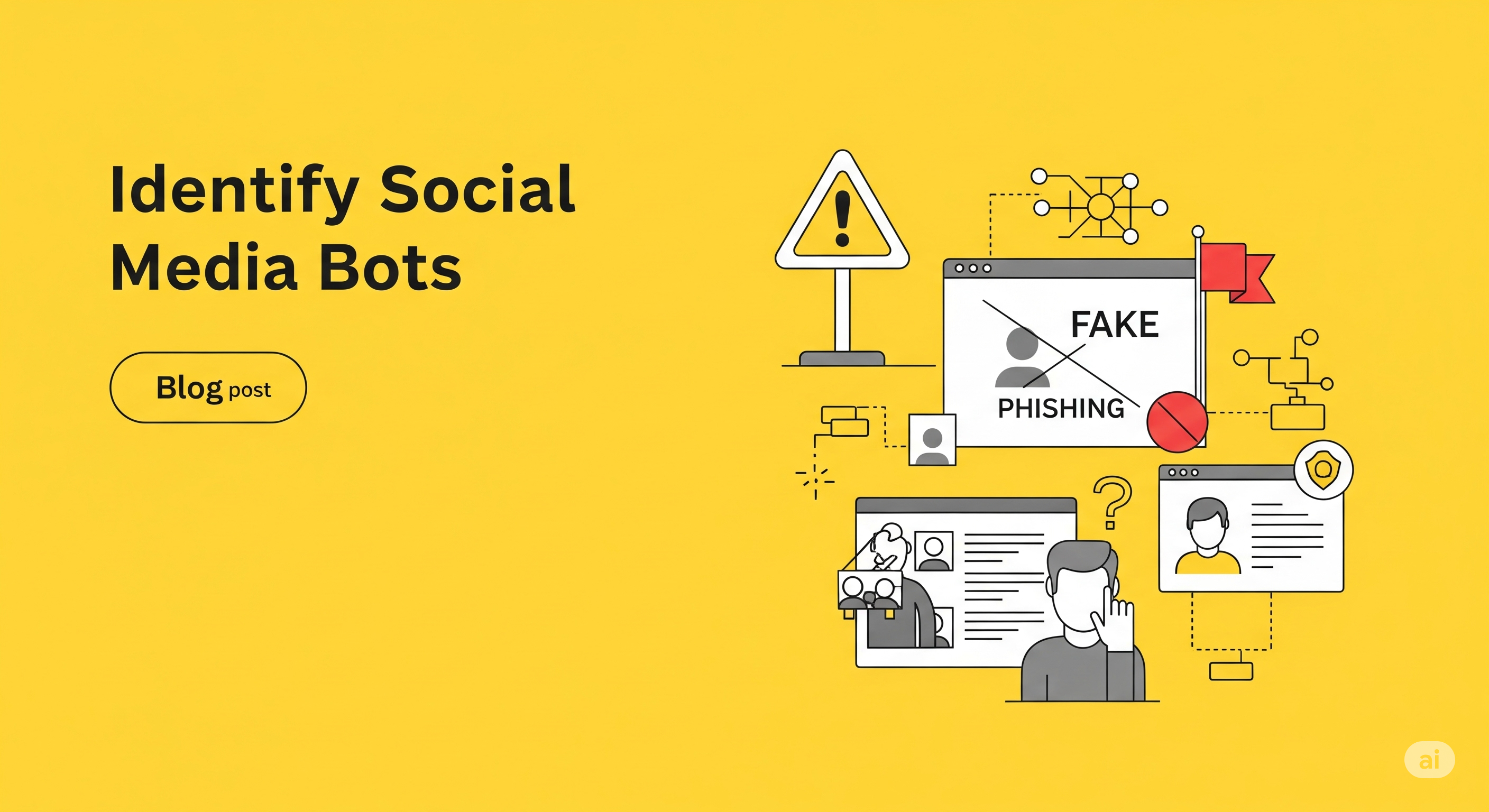
Identify Social Media Bots
We use social media for a lot of things every day such reading reviews of products following the news talking......
Read More
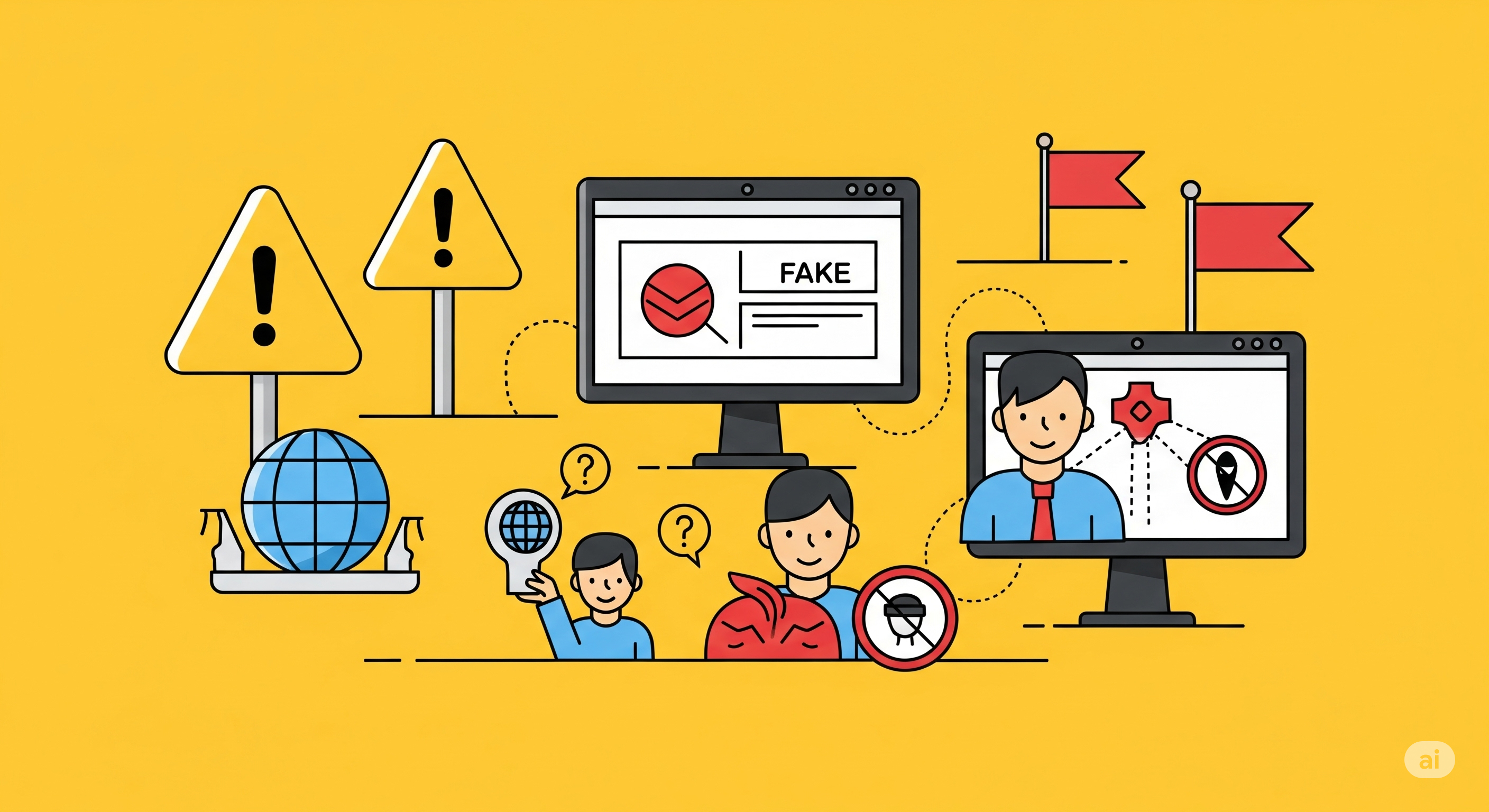
Spotting Influencer Scams
Scams using influencers are one of the most common hazards to those who shop online nbsp As more and more......
Read More

Spotting Real Business Pages
In today s digital-first world knowing how to spot a real business page isn t just a helpful skill it......
Read More
How Scammers Use Your ID
One of the most significant and quickly expanding risks to people in the digital era is identity theft nbsp Scammers......
Read More
Identify Social Media Bots
We use social media for a lot of things every day such reading reviews of products following the news talking......
Read More
Spotting Influencer Scams
Scams using influencers are one of the most common hazards to those who shop online nbsp As more and more......
Read More